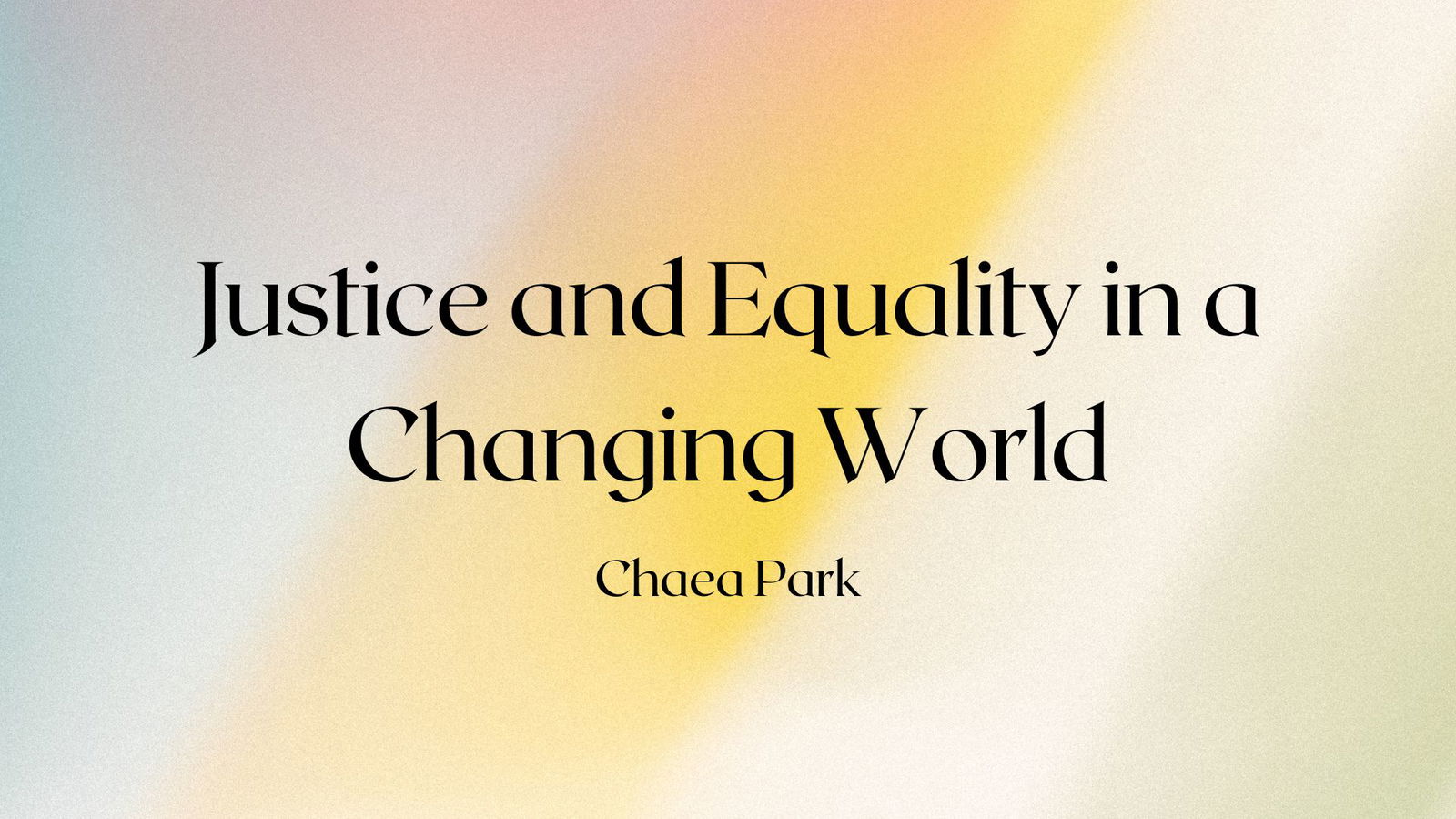People often debate the concept of justice, especially when faced with situations that seem unfair.
Society has long been working toward creating a better world where justice, closely tied to the idea of freedom, is upheld.
Although justice can be defined in many ways depending on the context, the core idea is to treat everyone fairly and equally.
This means that regardless of religion, race, or culture, we should treat others with impartiality.
At its heart, justice involves showing consideration for others. Sometimes, we may need to restrain certain behaviors to avoid negatively affecting others.
To manage this, society has established laws and regulations that emphasize the principle that causing harm to others is never acceptable.
By adhering to these norms, which underline that you cannot justify harming others, you can enjoy your own freedom and justice.
This leads to a simple yet powerful conclusion: you must respect others to truly experience justice yourself.
In other words, you cannot genuinely claim to care about justice if you don’t demonstrate respect for others in your actions.
Ensuring that justice endures over time is closely linked to providing proper education that fosters a sense of civic responsibility.
Justice, while straightforward, is also fragile, and this is where education plays a crucial role.
By teaching young people about the importance of justice, we can inspire them to uphold these values in their communities.
Education not only helps students understand why a just society is important but also encourages them to act in ways that promote justice.
With a solid education, young people can grow into adults who think critically and respond appropriately when they encounter injustice.
Non-governmental organizations, governments, and school curriculums can all play a positive role in helping students and society as a whole understand and embrace the true meaning of justice.
Society needs to recognize that justice is something that must be maintained. There’s no question that everyone’s human rights should be protected under the banner of justice.
Yet, despite ongoing discussions about its importance, it’s uncertain whether society fully embraces and practices the principles of justice.
This uncertainty can also be linked to the influence of capitalism on our behavior. We live in a democracy, but the impact of capitalism is so pervasive that it sometimes overshadows what truly matters.
To avoid the dangers of unchecked capitalism and to fully engage in democratic practices, we must thoughtfully consider the concept of justice and reflect on how we can contribute to building a better world.
In recent years, the idea of equal opportunity has gained traction in Korean society, particularly among young people who are seeking employment.
They often criticize the social structure and meritocracy, feeling that society is failing to support their generation.
While inequality is a common issue, denying equal opportunities can never be justified.
To revitalize both the national and global economy, society and communities must address these issues with a strong commitment to justice.

